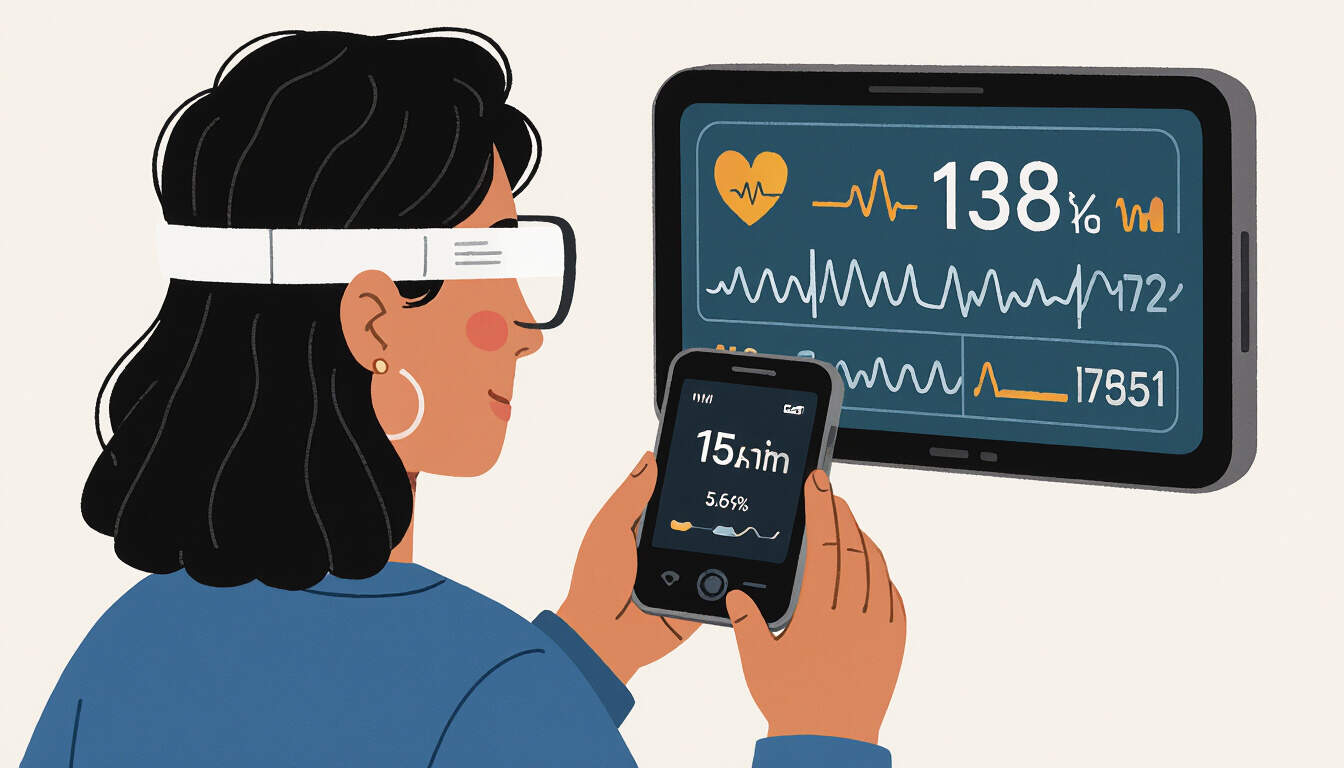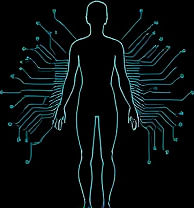AI Predictive Health Models and Their Role in Biohacking
 by Marlene Keeling
by Marlene Keeling
Discover how AI predictive health models are transforming personal health by analyzing data from wearables and daily habits. These tools offer insights for optimizing wellness and enhancing cognitive function, making self-improvement accessible for tech enthusiasts.

In the field of biohacking, AI predictive health models stand out as essential tools for improving everyday wellness. They analyze vast amounts of personal data to spot patterns and suggest improvements. For instance, these models can examine sleep patterns and activity levels to recommend adjustments that boost energy and focus.
The Basics of AI Predictive Health Models
AI predictive health models use algorithms to process information from various sources. They take inputs like heart rate and exercise routines, then generate forecasts about potential health risks. One key advantage is their ability to handle large datasets quickly, providing users with actionable insights. Biohacking enthusiasts often rely on these models to fine-tune their routines.
These models learn from historical data, improving accuracy over time. For example, if someone tracks their diet and mood, the system might predict how certain foods affect mental clarity. This approach helps individuals make informed choices about their health.
Enhancing Health Optimization with AI
Health optimization becomes more effective through AI predictive models. They identify subtle changes in body metrics that might indicate issues early. Wearable technology plays a big role here, collecting data on things like steps taken and sleep quality.
By integrating nootropics into this system, users can experiment with supplements that enhance cognitive performance. The models might suggest when to take these based on predicted energy dips, leading to better daily productivity. This method empowers people to take control of their well-being.
Many find that consistent use of these tools leads to noticeable improvements. For someone aiming to reduce stress, the model could analyze breathing patterns and propose simple exercises. The result is a more balanced lifestyle, supported by data-driven decisions.
Wearable Technology and Personal Enhancement
Wearable technology connects seamlessly with AI predictive health models, turning devices into personal health coaches. Smartwatches and fitness trackers gather real-time data, which the models then interpret. This combination allows for personalized enhancement strategies.
For biohackers focused on physical performance, these tools can monitor recovery times after workouts. If the data shows slower recovery, the model might advise on rest or nutrition tweaks. Such insights help in building sustainable habits for long-term health.
In terms of personal enhancement, AI models assist with cognitive aspects too. They track factors like focus duration and suggest routines involving wearable technology for biofeedback. This feedback loop encourages users to push their limits while staying safe.
Practical Examples in Daily Life
Consider a tech-savvy individual using AI models to optimize their routine. They might wear a device that tracks vital signs, feeding data into an app that predicts fatigue. Based on this, the system recommends timing for meals or breaks, enhancing overall productivity.
Another example involves nootropics and AI integration. Users input their supplement intake, and the model analyzes effects on mood and energy. Over time, it refines suggestions, helping people discover what works best for their unique biology.
These applications extend to community sharing, where enthusiasts exchange tips on using AI for health gains. This collaborative aspect motivates more people to adopt these practices, fostering a culture of self-improvement.
The Future of Biohacking with AI
As technology advances, AI predictive health models will continue to evolve, offering even deeper insights. They could soon incorporate genetic data for highly customized plans, making health optimization more precise. For wellness enthusiasts, this means endless possibilities for personal growth.
By staying engaged with these tools, individuals can achieve their goals in areas like mental sharpness and physical endurance. The key is consistent monitoring and adaptation, turning data into real-life benefits. Ultimately, AI predictive health models represent a step forward in making biohacking accessible and effective for all.
